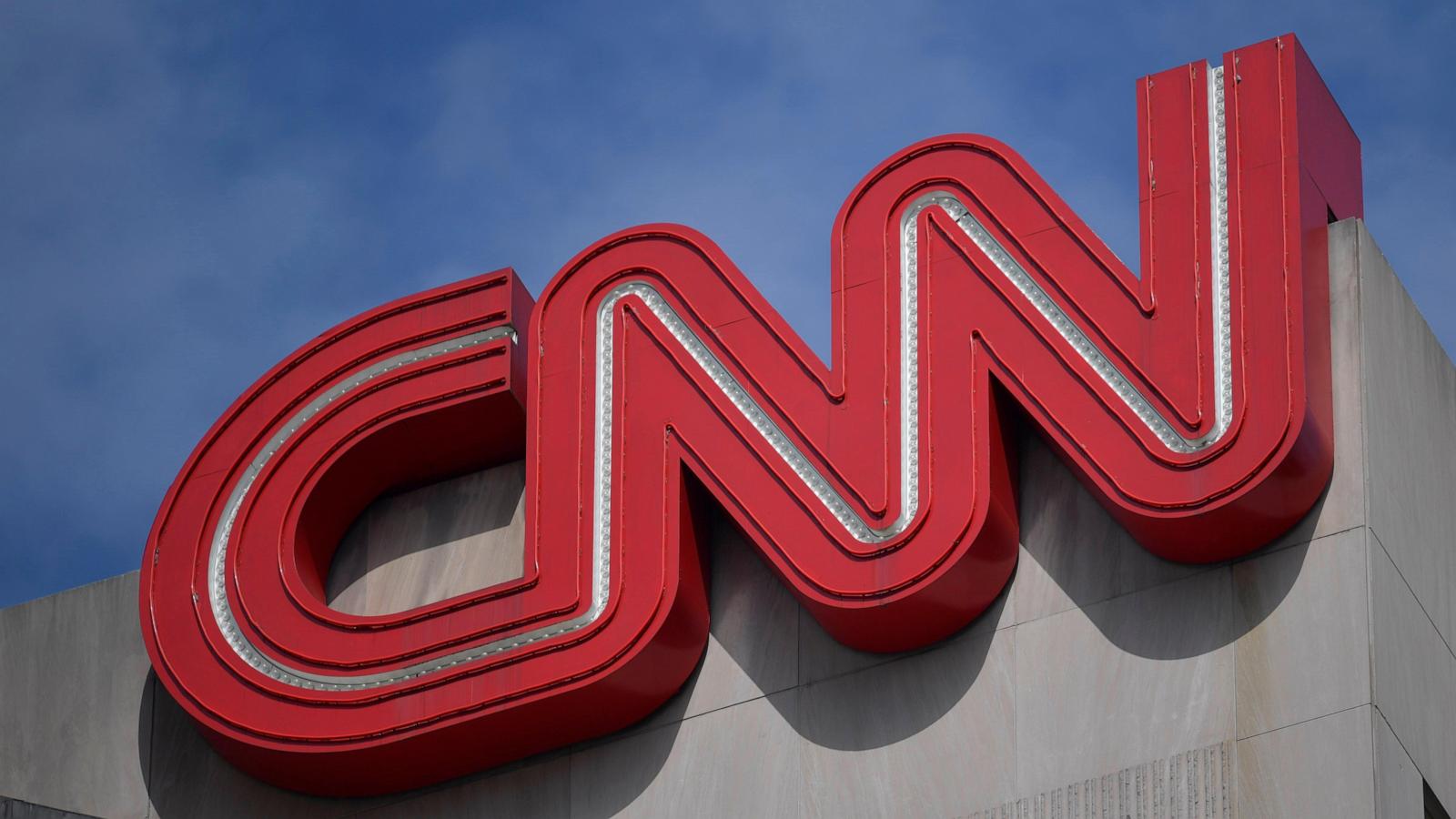CNN Defamation Trial: A David vs. Goliath Battle That Could Reshape Journalism
Get ready for a courtroom drama that could change the media landscape forever! CNN, a giant in the news world, is facing a defamation lawsuit from Navy veteran Zachary Young, and the stakes are incredibly high. This isn't just about one news story; it's about the future of journalism and how the media portrays those who dare to challenge the status quo.
The Case Against CNN: A Veteran's Fight for His Reputation
Zachary Young, a veteran who risked his life rescuing endangered Afghans, alleges that CNN's reporting falsely labeled him as part of a "black market" operation. This damaging portrayal, he claims, devastated his business and reputation. The story, aired on Jake Tapper's program, included Young's image within a segment discussing the high fees some Afghan evacuees were paying, leaving the false impression he was engaging in criminal activities. Young, having provided evacuation assistance to multiple organizations like Audible and Bloomberg, vehemently denies these accusations.
The Power of Implication in Defamation
The crux of Young's claim rests on the power of implication. Even without explicitly accusing him of wrongdoing, CNN's portrayal placed him alongside those suspected of profiting illegally from Afghan evacuations. The implications alone, he contends, inflicted significant damage to his credibility and business prospects. He faced a devastating blow as the implication of criminality shadowed his international reputation, severely harming his prospects.
CNN's Defense and the Risk to Journalism
CNN strongly defends its reporting, asserting its accuracy and journalistic integrity. Their lawyer emphasizes that the segment didn't explicitly label Young as criminal. But this raises a broader question about the ethical responsibilities of journalists when utilizing ambiguous terminology in news stories with potentially huge consequences.
Beyond One Story: The Broader Implications for Journalism
This isn't merely a dispute between a veteran and a news giant. It's a landmark case with major repercussions for journalistic practices. The outcome might impact how media outlets handle similar situations, especially with the increase in litigation cases against major media outlets. Journalistic practices around the world would be impacted. It showcases the difficulty and cost of defending a news story and may influence the overall reporting.
The Chilling Effect on Investigative Reporting
High-profile defamation lawsuits are incredibly expensive to fight. The costs can potentially cripple news organizations that must constantly balance the need for impactful investigative reporting against the financial burdens involved in resolving legal disputes, even if well founded. It would also make reporting that puts certain corporations or figures in negative light risky for financial purposes, potentially deterring essential reporting of facts.
Setting a Precedent in an Era of Misinformation
The current climate of mistrust toward the media amplifies the significance of this case. The outcome may shape public perception and influence how the public views media reliability. The jury's decision may act as a compass for resolving defamation cases in the age of rampant disinformation and skewed narratives online.
The Future of Media Ethics and Responsibility
This trial prompts crucial conversations about journalistic responsibility and ethics. Should news organizations exercise more caution when covering potentially sensitive topics, or should reporters operate freely without being hampered by an atmosphere of increased legal consequences? Striking a balance between freedom of the press and ensuring accurate, fair reporting is necessary to help society develop.
The Price of Freedom of the Press
Media companies face tough decisions concerning coverage. Freedom of press could end up costing millions in legal fees or impact future operations of major media giants. This case demonstrates the heavy cost of defending freedom of speech for investigative journalism.
Implications for Investigative Journalism
The Young-CNN trial carries heavy consequences for the future of investigative reporting. Large organizations must balance thorough, unfiltered coverage with financial repercussions. This would also influence smaller outlets to steer clear from reporting stories that have the potential to create legal problems.
Take Away Points
- The CNN defamation trial is far more than a single lawsuit; it's a case that could redefine media ethics, responsibility, and the balance between freedom of speech and preventing inaccurate reporting.
- The outcome of this case will greatly influence how future defamation cases will be handled and resolved. This is particularly relevant as a precedent for news organizations worldwide in handling similar allegations.
- Balancing thorough reporting with the financial consequences of potential lawsuits remains a difficult ethical conundrum for journalism.
- Society's already strained trust in news media will be influenced by this court case; therefore the outcome must have positive effects to increase trust between media outlets and the public.




